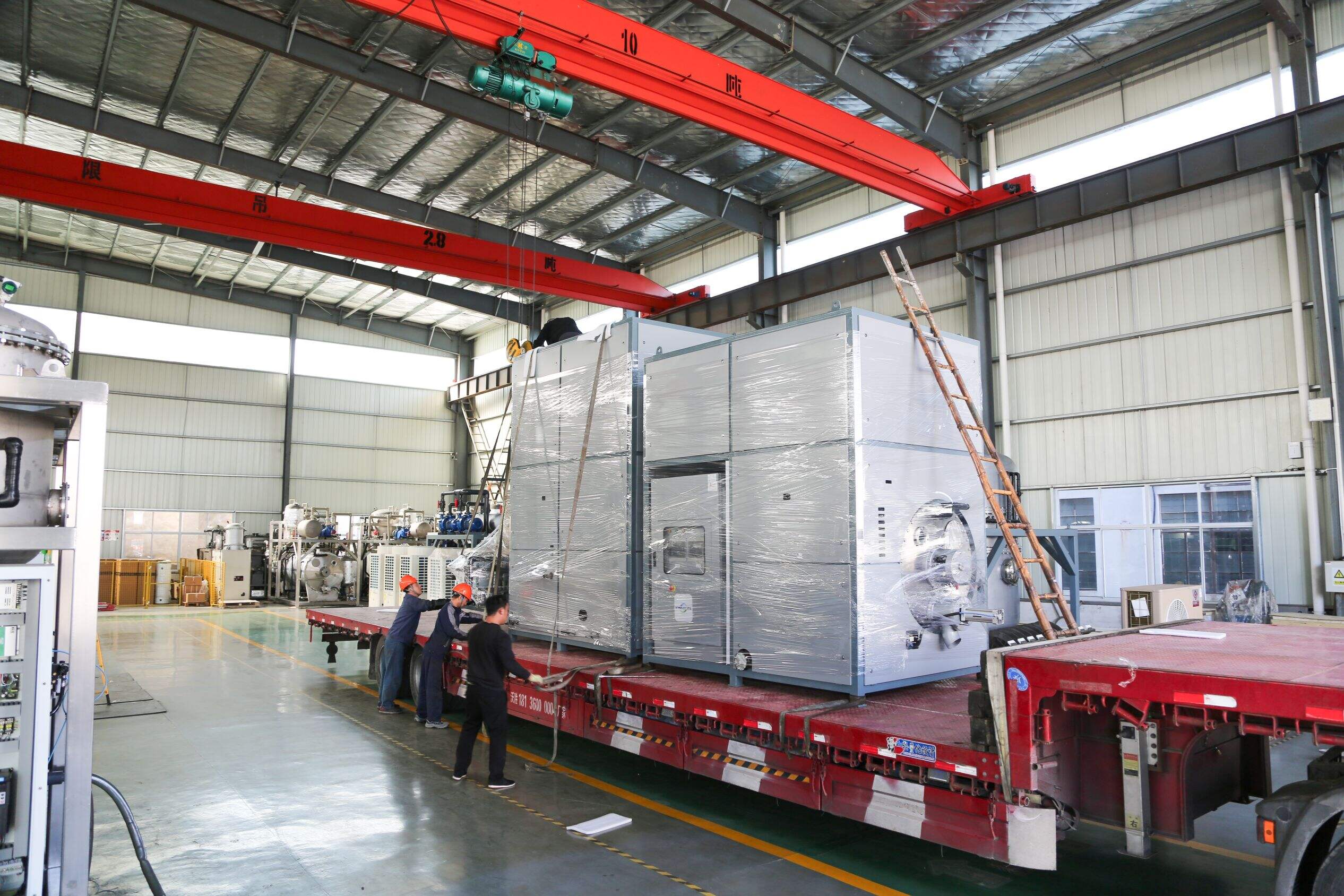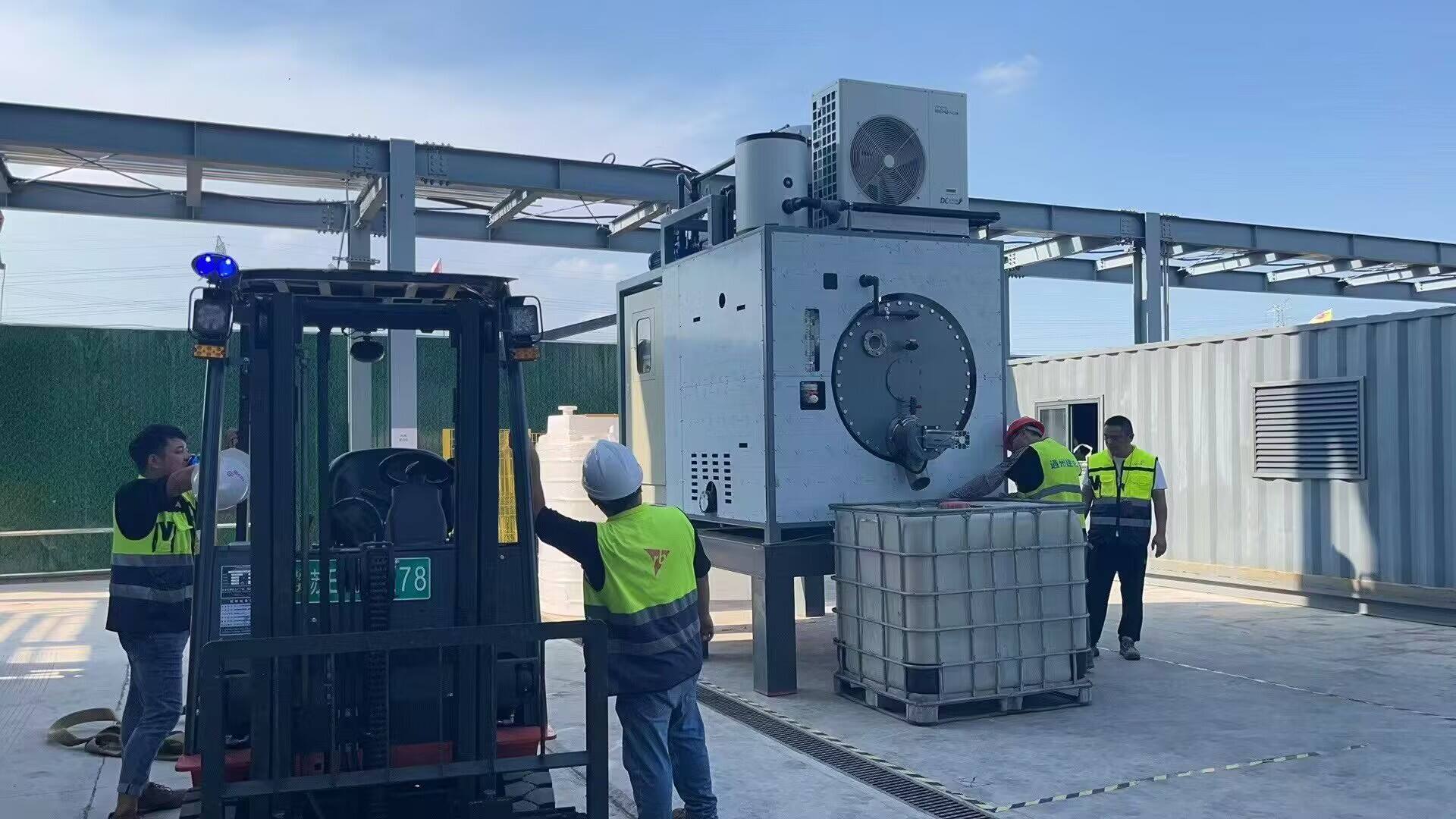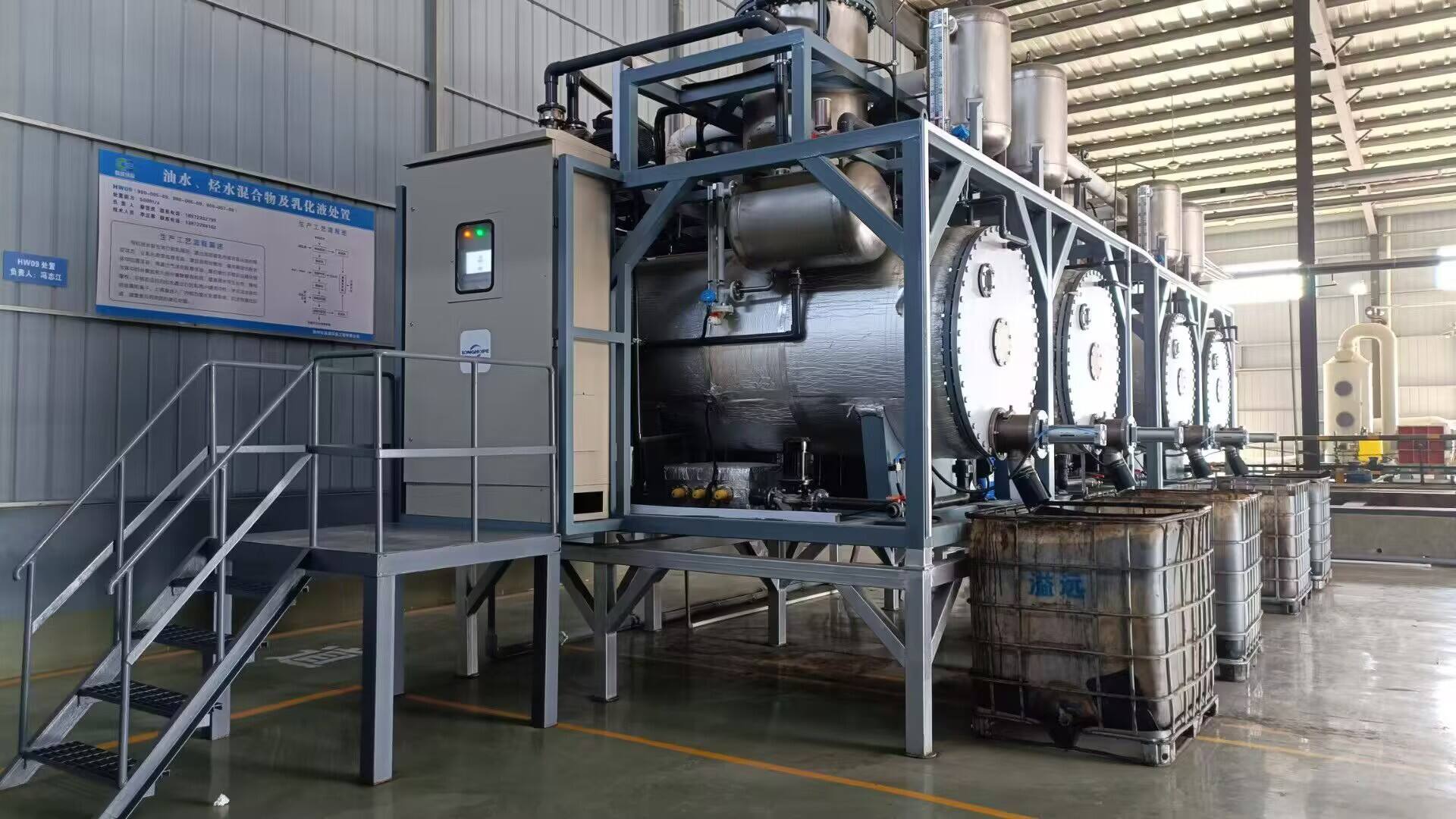industrial water treatment solutions
Industrial water treatment solutions represent a comprehensive approach to managing and purifying water resources in manufacturing and processing environments. These systems integrate advanced filtration technologies, chemical treatment processes, and monitoring capabilities to ensure water quality meets specific industrial requirements. The solutions typically encompass multiple stages of treatment, including pre-treatment filtration, reverse osmosis, deionization, and advanced oxidation processes. Modern industrial water treatment systems feature automated control systems that continuously monitor water quality parameters such as pH levels, conductivity, and dissolved solids. These solutions are designed to handle various water sources, from municipal supplies to groundwater, and can be customized to meet specific industry requirements. Primary applications include boiler feed water treatment, cooling tower water management, wastewater recovery, and process water purification. The technology employs sophisticated membrane systems, ion exchange units, and UV disinfection methods to achieve optimal water quality. These systems also incorporate smart monitoring capabilities that enable real-time adjustments and preventive maintenance scheduling, ensuring consistent performance and regulatory compliance.


